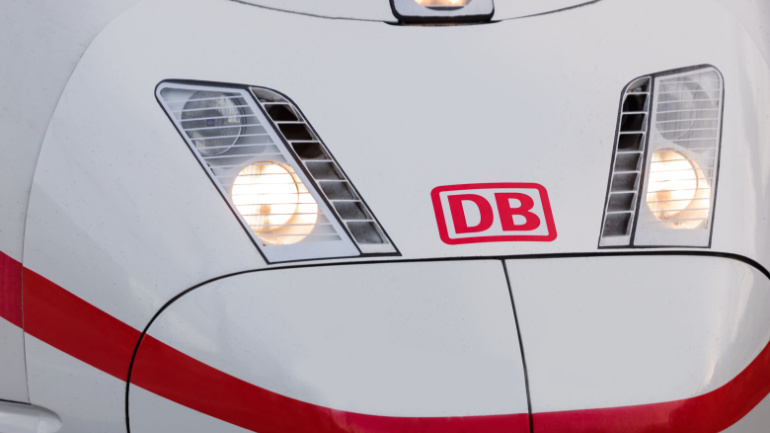The recent rollout of full-fibre broadband in South Wiltshire under Project Gigabit marks a significant advancement for rural connectivity. With Wessex Internet’s efforts in Stapleford, homes and businesses will experience speeds up to 10Gbps. This strategic move ensures hard-to-reach communities benefit from superior internet capabilities, fostering growth and opportunities.
Quickline, the UK broadband operator, has successfully connected the initial homes to its Project Gigabit-funded full fibre network in Yorkshire, achieving this milestone less than three months after securing the contract. This achievement, although modest in scale, signifies a promising acceleration in the UK government’s fibre broadband initiative.
Project Gigabit, an ambitious initiative from the UK government, is rapidly enhancing the nation’s digital connectivity across rural locales. Recent updates from this £5 billion venture depict encouraging progress, with a significant leap in gigabit broadband coverage from 6% in 2019 to 81%. The project aims to extend this coverage to virtually every UK premises by 2030.
“Project Gigabit”, the UK government’s £2 billion initiative, aims to expand high-speed broadband in hard-to-reach communities. With a vision of future-proofing Britain’s connectivity, the project seeks to connect 80% of the nation by 2025. However, ensuring equal internet access brings pressing questions, such as the cost-effective efficiency of Low Earth Orbit satellites and balancing 4G and 5G network enhancements to avoid inadvertent digital inequality.
Deutsche Bahn, Ericsson, O2 Telefónica, and Vantage Towers collaborate on the Gigabit Innovation Track project, securing €6.4 million to provide gigabit 5G speeds for German train passengers and explore resource-efficient implementation methods. The trial aims to deliver reliable 5G by 2024, potentially impacting global connectivity improvements.
Hangzhou leads the digital revolution with the Dual 10 Gigabit City project, partnering with industry giants like Huawei to foster 5.5G technology, enhance connectivity and pioneer innovative applications for a smarter future.
Cornwall-based broadband provider Wildanet has collaborated with Nokia to accelerate the installation of a gigabit-enabled full fibre network across Cornwall and the Isles of Scilly. This strategic partnership aims to enhance digital connectivity in these underserved areas.
In a quest to bring hyper-fast broadband to Scotland’s most rural regions, the Scottish government launched the ambitious R100 (Reaching 100%) project. Backed with sizable financing, R100 aims to boost connectivity for over 180,000 premises. However, stumbling blocks including bidding disputes and slow deployment have pushed timelines back, igniting debates over the project’s efficacy and cost-effectiveness.
ITS has launched the enticing Faster Britain bus initiative, a design tour autour du pays to spread the word about their newly unveiled full-fibre network. The double-decker bus will serve not only as advertisement but a consumer engagement podium, hosting training events at over 70 networks, engaging directly with tech enthusiasts and initiating digital inclusion programs.
As Germany’s “Gigabit funding 2.0” program faces potential budget reductions, there’s concern it may throttle the rollout process with overcrowded construction capacity, causing a potential lag in projects. Meanwhile, the Federal Ministry for Digital Affairs declares a €3.6 billion allocation for the ourishing fibre-optic network industry.













